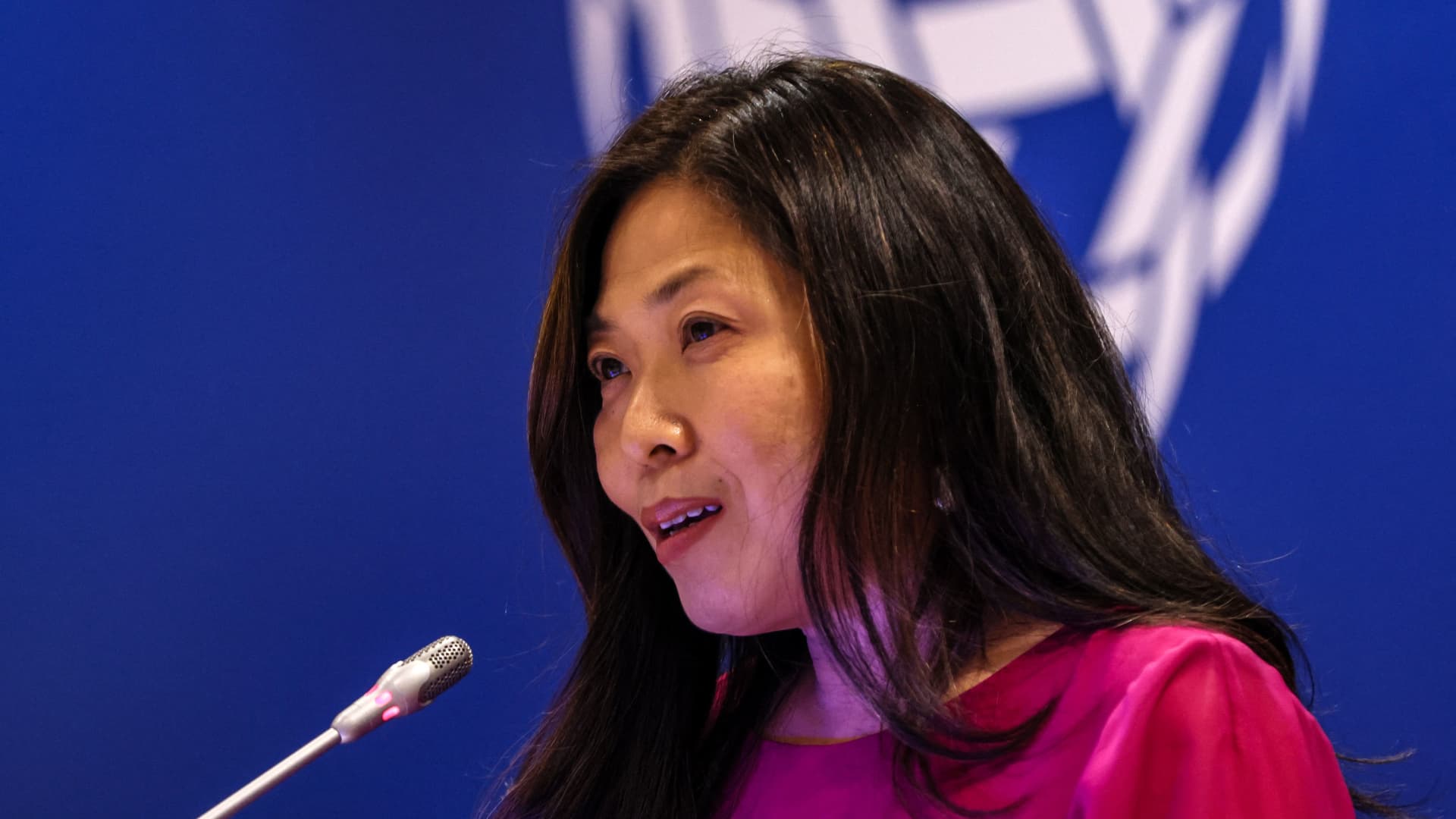Canada is aiming to beat China in the critical race for rare earth metals

Canada is positioning itself as a solution for the many European governments that are looking to rely less on China for critical raw materials — which are essential for the manufacture of goods like electric cars.
The G-7 member announced in December a plan to ramp up the production of these minerals, with Canada having one of the largest deposits. Canada is estimated to have over 15.1 million metric tons of rare earth oxide.
The European Union, and other parts of the world, are trying to be less dependent on China while also accelerating plans for a more sustainable economy. From a European perspective, officials are worried about Beijing potentially using its dominant role in raw materials in a similar way to how Russia started weaponizing gas against the bloc.
“We’ve seen [that] the resilience of supply chains really matter[s], the way in which minerals maybe mined will really matter,” Mary Ng, Canada’s international trade minister, told CNBC Tuesday.
According to government data, it might take between 5 and 25 years for a mining project to become operational, so the Canadian authorities are trying to speed up the approval process for news plants.
More broadly, there’s a growing recognition by several governments that minerals and other raw materials are now a matter of national security. This has become a reality in the European Union, with Russia’s invasion of Ukraine highlighting that the bloc had become solely reliant on one huge supplier.
Canada wants to be a part of the solution.
Mary Ng
Canada’s International Trade Minister
Speaking in Canada earlier this month, European Commission President Ursula von der Leyen said: “We see today that, for example, China produces 98% of Europe’s supplies of rare earths. And Europe needs to de-risk this dependency.”
When asked if Canada was keen to topple China in becoming the main supplier of critical materials for the planned green transition in the West, Ng said: “If I take a look at one statistic that was recently issued, Canada now is number two in the battery ecosystem space.
“So that is number two next to China,” she said, adding that Ottawa was number five in these rankings “not that long ago.”
“Canada wants to be a part of the solution. We already are collaborating in areas of hydrogen, we’re collaborating in areas of critical minerals development … that resilient supply chain across the Atlantic is certainly something that we are absolutely doing,” she added.
Canada’s Trade Minister Mary Ng
Jack Taylor | Afp | Getty Images









